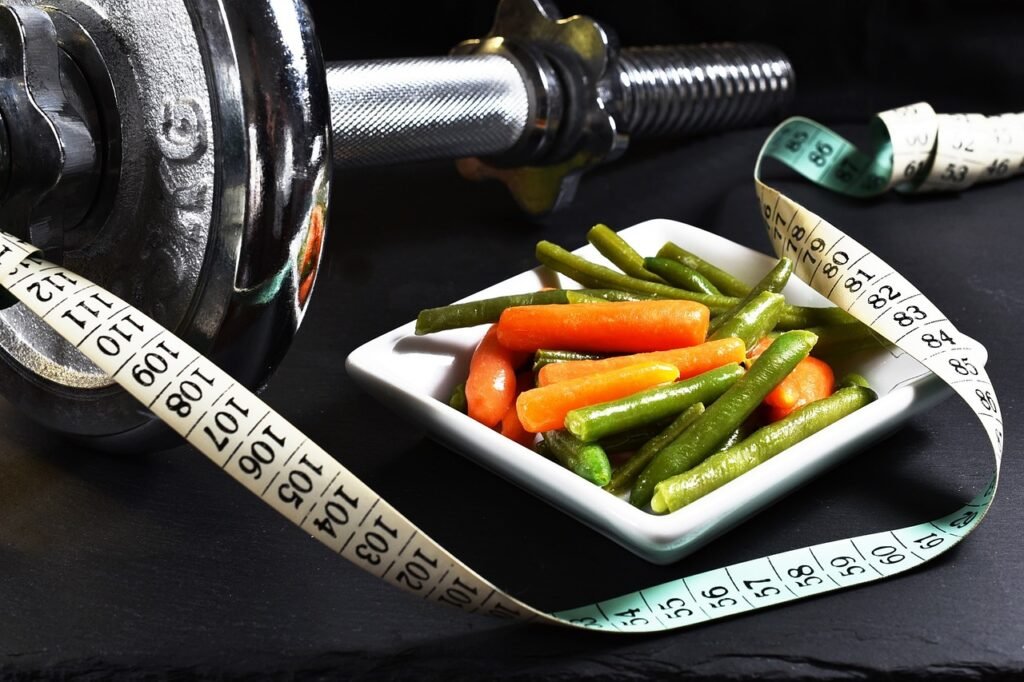
Embarking on a weight loss journey can be confusing. There is a plethora of opinion and conflicting advice, but little substance. Here are five weight-loss myths for you to keep in mind in 2024:
I. Starving Yourself is the Fastest Way to Lose Weight
Reality: Contrary to popular belief, starving yourself, i.e., running an extreme calorie deficit, is not a sustainable or healthy approach to weight loss.
While you may see initial drops on the scale, the amount lost is not targeted, and the approach is not sustainable.
Rather, your “losses” in such a scenario will also reflect any body mass lost in lean muscle and water, both of which can be substantial. Instead, spend at least two weeks identifying your Basal Metabolic Rate (BMR).
Start by making an informed guess on what this number is by using one of many resources available online to calculate BMR. From here, you will need to use trial-and-error to determine what number of calories per day results in maintenance of body weight.
Once you have reliably calculated your maintenance calories, adjust this number downward by 500 calories in order to loose roughly 1lb per week.
II. Certain Foods Have “Negative” Calories
Reality: The concept of “negative-calorie” foods suggests that your body expends more energy digesting these foods than they provide. In reality, the effect is minimal, and no food magically burns more calories than it contains.
Instead of relying on specific foods, focus on a well-rounded diet with a variety of nutrients to support your overall health and weight loss.
III. Fat-Free Means Weight Loss-Friendly
Reality: Not all fat is created equal. Rather, some fat is essential for nutrient absorption, overall well-being, and other bodily processes.
When possible, choose fats from healthy sources, e.g., avocados, nuts, and olive oil. Remember, the ultimate determinate of weight gained or loss is caloric deficit, not wholesale abandonment of entire categories of food.
IV. Endless Cardio is the Key to Shedding Pounds
Reality: While cardio is beneficial for burning calories and improving cardiovascular health, cardio alone isn’t the magic solution.
Instead, incorporate a mix of cardio and strength training into your routine. Building muscle mass can boost your metabolism, aiding in more effective and long-term weight loss.
Further, if you overextend yourself with cardio, then you will experience a diminishing return, i.e., your non-exercise activity thermogensis (NEAT) will tank precipitously, more than offsetting the extra cardio intensity.
V. Supplements Can Replace a Healthy Diet and Exercise
Reality: The majority of supplements are worthless.
Instead, creatine monohydrate and some form of protein supplement to help meet your daily goal, which ordinarily should be roughly one gram of protein per pound of body weight, are all that you really need.
Be cautious of products promising miraculous results without lifestyle changes, and consult with a healthcare professional before adding any supplements to your regimen.
Avoid these fitness myths and embrace a realistic and sustainable approach to weight loss. There is no shortcut. Rather, long-term success will depend on a combination of healthy eating, regular exercise, and lifestyle modifications.
Consistency is key because sustainable results ordinarily flow from small wins over time, not a flurry of activity. Be patient, and play the long game.
